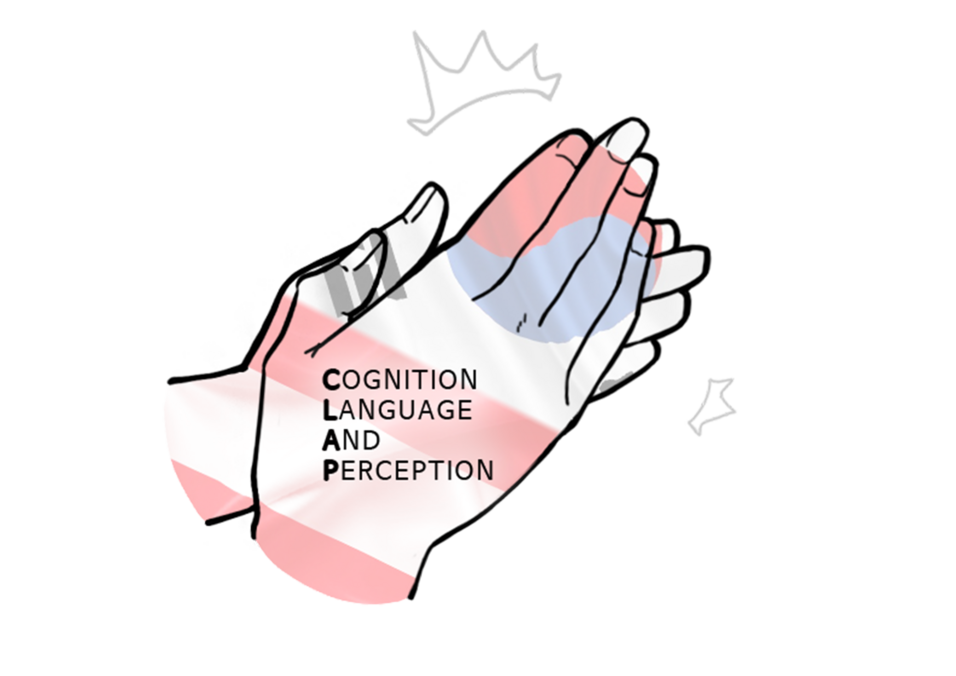Speakers:
- Lera Boroditsky (University of California, San Diego)
- Jeong-Ah Shin (Dongguk University, Seoul)
Program:
- 10:00am | Lera Boroditsky (University of California, San Diego): "How language shapes thought"
- 11:00am | Discussion chaired by Soonja Choi
- 12:00am | Lunch Break
- 02:00pm | Jeong-Ah Shin (Dongguk University, Seoul): "Structural priming in second language research"
- 03:00pm | Discussion chaired by Ulrich Ansorge

